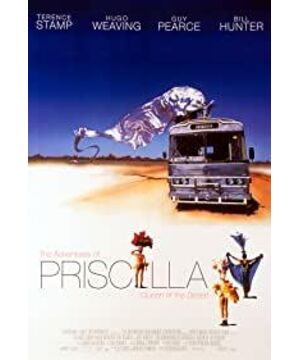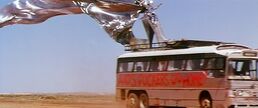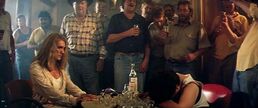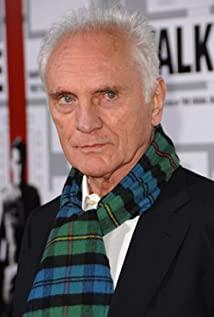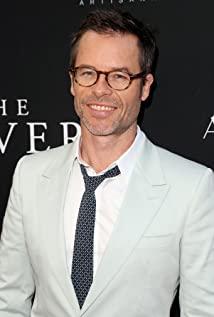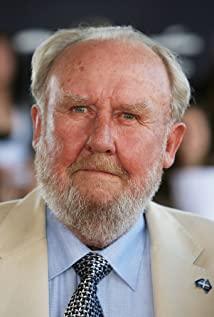The narrative structure is reflexive to the highway film mode, so the spatial transfer becomes a spiritual journey to explore oneself. A transgender, two transvestites. The three generations of queer, young, middle, and old queer insist on their deviant lifestyle, cultivate a good self-identity, and think that after becoming yourself, do they have the right? What is meant by the film? free? What is the proposition after freedom? Sometimes there are questions about civilization?
Under the banner of queer culture, there are homosexuality, bisexuality, cross-dressing, transsexuality, fetishism, etc. of different races. These minorities of sexual and gender culture have strong self-identity and are on the edge and willing For the marginal, various lifestyles that deviate from the mainstream are not so much a challenge to the secular, as a provocative game that ignores the convention. After the three protagonists in the film have a good identity as the foundation of freedom, will they still face spiritual struggles?
In the arrogant journey, past events flashed back and forth, and the elderly transsexual Ban Lina, long years of wandering career made her seem peaceful, but still lonely-alone and without a partner. For the family love lost due to transsexuality, it was an unforgettable owe; when faced with the possibility of love, she hesitated for a while.
Middle-aged Mickey was so worried about the once impulsive and playful marriage. During the curtain call of the cross-dressing performance, he could not bear the applause of his son and smiled and fainted. This makes people think of another similar situation-the stripper in "Blue". Liu Xiaofeng said that she did not dance because of her livelihood, but because she liked the business. She was obsessed with her body, but she faced offstage hunting. The father of a pornographic person, she is very sad. The same is true for Mickey. Cross-dressing is his profession and the art of his life. He enjoys it, but he has to face his son's gaze. This gaze makes him faint. Good self-identity is not unbreakable in the face of mainstream ethics. We break out from the overwhelming mainstream values, but a corner of the soul is deeply internalized by the mainstream ideology.
The predicament encountered by the young Felicity is not as complicated as that of the predecessors. The challenge he faces comes from the outside-the discrimination and violence of straight men in the countryside. As mentioned in the movie: Even though Metropolis has various unsatisfactory things, its diversity protects us on the edge. Felicity, who grew up in the city, naively thought that the "outside world" would also be tolerant of the city, so he was frustrated and perplexed in the violence.
The question of civilization may be a subtopic of the film. After encountering the narrative passages of the indigenous Maori people in Australia, after reference, we find that those heterosexuals in the "civilized world" are often uncomfortable with queer cross-dressing performances, while the indigenous people are not. Ignore their physical sex and social gender, and appreciate the fun and beauty of this transgender art.
Naturally, but also moved, HIGH to tears between publicity and stunning. At the end of the film, the protagonists all regained their inner calmness. But in reality, we who have self-identity still have to constantly overcome secular prejudice, the mainstream ideology that is internalized, and the weakness of the soul.
View more about The Adventures of Priscilla, Queen of the Desert reviews


